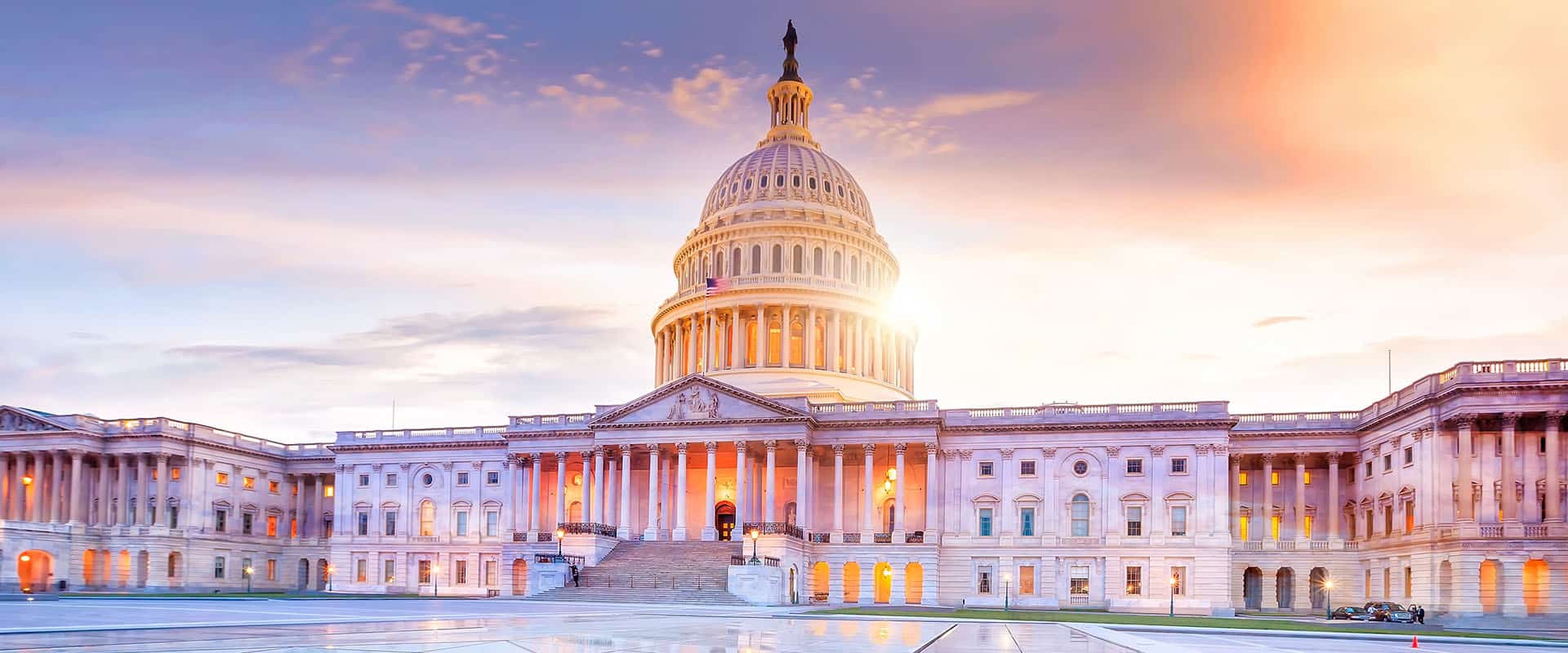On January 30, 2023, the Biden Administration announced its intent to end the national emergency and public health emergency declarations on May 11, 2023, related to the COVID-19 pandemic. These emergency declarations have been in place since early 2020, and gave the federal government flexibility to waive or modify certain requirements in a range of areas, including in the Medicare, Medicaid, and CHIP programs, and in private health insurance, as well as to allow for the authorization of medical countermeasures and to provide liability immunity to providers who administer services, among other things.
This brief What Happens When COVID-19 Emergency Declarations End? Implications for Coverage, Costs, and Access | KFF published by the Kaiser Family Foundation (KFF) provides an overview of the major health-related COVID-19 federal emergency declarations that have been made during the public health emergency. Medicare telehealth flexibilities (originally implemented as a result of the PHE, will extend through the end of 2023, due to provisions included in the Final 2023 Physician Fee Schedule.
Related Posts
April 2024 State Legislative Update
In early April, as 19 state legislatures concluded their sessions for the year, a flurry of legislative activity marked the landscape, particularly in audiology and…
Medicare Advantage Plans Now Required to Inform Beneficiaries of Hearing Benefits
On April 4, 2024, the Centers for Medicare and Medicaid Services (CMS) issued a final rule that updates the Medicare Advantage Program for 2025. In…
Academy Supports New Jersey Medicaid Expansion Legislation
The Academy weighed in to support New Jersey Senate Bill 1171, which would expand the state Medicaid program to cover unilateral and bilateral hearing aids,…


